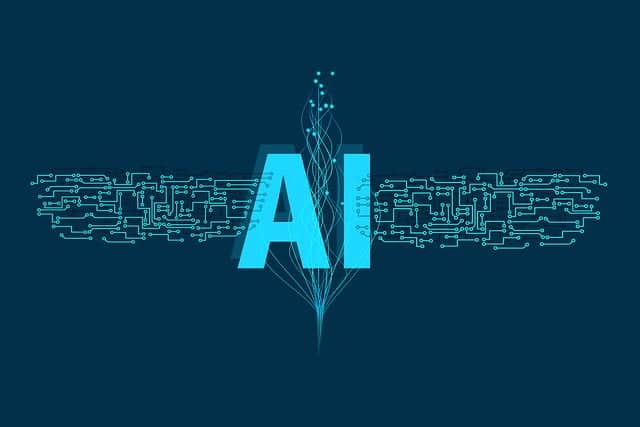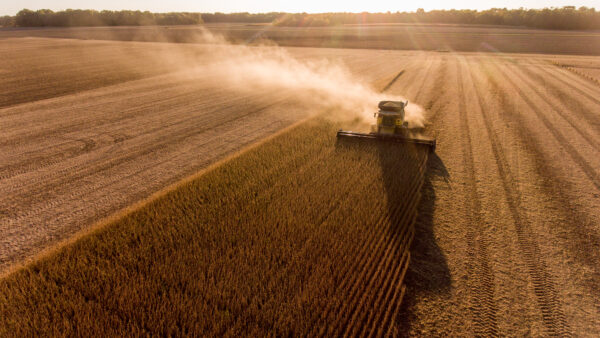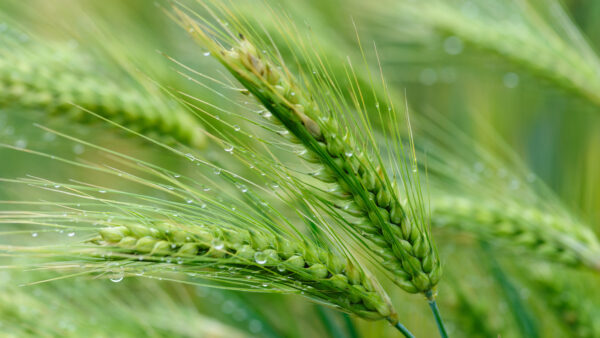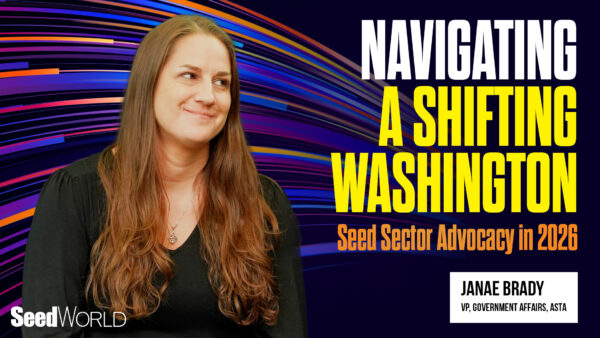New insights spotlight artificial intelligence’s role in modern agriculture, promising transformative changes in crop improvement techniques.
With leadership in agricultural technology, Iowa State University’s latest publication delves into the transformative potential of artificial intelligence (AI) in crop improvement. Authored by Jianming Yu, the Pioneer Distinguished Chair in maize breeding, and doctoral student Karlene Negus, the study emphasizes AI’s emerging role in bridging the gap between scientific research and practical application in the field of agronomy.
The publication, featured in the prestigious ‘Advances in Agronomy,’ offers an essential overview of AI’s deployment in agriculture and its potential to manage large-scale, complex data sets crucial for advancing crop genetics and breeding strategies.
“While the use of AI in agriculture is not yet widespread, we are starting to see how its tools can reshape the future of farming,” Yu noted in an ISU news release.
The paper outlines the historical development of AI since the 1940s, emphasizing the “third AI summer” marked by advancements in deep learning. The authors states these technologies are pivotal in interpreting extensive data crucial for enhancing crop breeding efficiency and effectiveness.
Negus, a genetics doctoral student working alongside Yu, highlighted the rapid evolution of AI and its diverse applications in agriculture.
“Our study maps out over 15 AI types and subtypes, offering a primer on current technologies and what we might expect in the near future,” she explained.
This scholarly work navigates through sophisticated neural networks and simpler robotic process automations and also explores complex expert systems designed to mimic human decision-making processes. Such advancements are proving invaluable for researchers looking to harness genetic, environmental, and management data to optimize crop growth predictions and decisions.
“As we continue to confront global challenges like population growth and climate change, integrating AI into crop improvement is not just innovative; it’s essential,” Yu stated, underscoring the importance of equipping researchers and breeders with AI tools to enhance agricultural productivity and sustainability.
The implications of this research extend beyond academic circles, offering practical insights for breeders and producers aiming to leverage AI for improved crop management and sustainability practices. As the agricultural sector stands on the brink of a technological revolution, the pioneering work of Yu and Negus at Iowa State University highlights the potential future of AI-assisted crop improvement.










